Yoruba Immersion Program
INSTITUTE OF AFRICAN AND DIASPORA STUDIES UNIVERSITY OF LAGOS
Yoruba Language and Culture Immersion Program(YLCIP)
YLCIP is a unique program based in the Institute of African and Diaspora Studies, University of Lagos. It is designed to offer students and other interested learners, who are non-native speakers the relevant skills, knowledge and proficiency in the Yoruba language. This ground-breaking program will especially be useful to researchers who need to have first-hand and direct interaction with the Yoruba speaking communities in data gathering and interviewing. Learning will be facilitated by a crop of teachers who have extensive expertise in the teaching the Yoruba language to learners from multicultural and multilingual settings.
About the Yoruba language
Yoruba is one of the three major languages of Nigeria. The other two are Hausa and Igbo. Yoruba language is the mother tongue of a substantial number of speakers in South-West Nigeria and outside Nigeria, e.g. in the Republics of Benin and Togo. It has the status of a national language in the Republic of Benin. Also, the traits of Yorùbá language remain in the oral literatures of Yorùbá descendants now domiciled in Brazil, Cuba and parts of West Indies, Trinidad and Tobago. In Nigeria, where it has the bulk of the speakers, it is spoken mainly in Lagos, Ondó, Kwara, Ògùn, Èkìtì, Òyó and Òsun States as well as in parts of Kogí and Edo States. The speakers are contiguously located in southwest Nigeria (Adétugbo 1967), (Awobuluyi 1998), (Adeniyi 2005). By the 2006 census projection, the population of the speakers within Nigeria could be put at thirty-six million (36,000,000), close to one-fifth of the population of Nigeria. Speakers who use it as a second language could be conservatively put at one hundred million (100,000,000) across the globe.
Yorùbá, along with Hausa and Igbo, has the status of a national language in Nigeria. It was so legislated by the National Assembly in Section 55 of the 1999 Constitution of Federal Republic of Nigeria. Also, along with Hausa and Igbo, Yorùbá was prescribed in the National Policy on Education (2004:5, 10, 11 & 14) as a language to be used as a medium of instruction in pre-primary and primary schools and to be studied as a second language in junior secondary schools in Nigeria. The government of Lagos State of Nigeria recently promulgated the Yoruba language Preservation and Promotion law, which makes the language an acceptable means of communication between individuals, establishments, corporate entities and government in the state. The status of Lagos state as the commercial hub of Nigeria will give this law the capacity to be replicated in other Yoruba speaking states in no distant future. Again recently, the British Broadcasting Corporation (BBC) has adopted the Yoruba language as one of their codes of broadcasting.
Yoruba language has been exposed to rigorous academic research. It is now employed as a medium of instruction at all levels of education. Masters and Doctoral theses are presented in the Yorùbá language in most universities in South-west Nigeria. Creative writers abound in the three main areas of literature in Yoruba: poetry, drama and prose. Several oral genres such as prose, poetry and drama have been documented in the Yoruba language. Textbooks, newspapers, journals, magazines and general books in the Yoruba language are a major boost to the publishing industry in Nigeria today. (Yusuff 2008). Of the three major Nigerian languages, Yoruba enjoys the heaviest use and patronage in home videos and filming by Nollywood.
Synopsis of the Program Content (BASIC)
The program will be guided by the following topics and will be supported with practical in form of activities, illustrations and drills.
- Daily Greetings
- Occasional greetings
- Identification: Household items
- Identification: School environment
- Identification: Persons and family relationships
- Identification: Parts of the human body
- Identification: Common animals and birds
- Counting
- Relating in the home
- Relating in the school
- Relating in the hospital
- Questioning and Answering
- Commands and responses
- Various types of Yoruba foods
- Eating culture
- Clothing and textile
- Music and entertainment
- Games and Sports
- Description strategies
- Segmentation of the day
- Names of Days and Months
- Yoruba Alphabet
You are most welcome to this program that promises to immerse you with ease, into the language, culture and institutions of the Yoruba people.
Yoruba Language and Culture Immersion Program (YLCIP)
(ADVANCED)
- Use of Yoruba Language for Specific Purposes
- History of the Yoruba People
- History of significant Yoruba cities and towns
- Yoruba Numeral System
- Yoruba Traditional Commerce and Industry
- Yoruba Traditional Religions
- Yoruba Traditional Music Forms
- Yoruba Traditional Art Forms
- Yoruba Traditional Theater
- Yoruba Folklore
- Yoruba Political and Social Systems
- Yoruba Traditional Healthcare System
- Yoruba Fauna and Flora
- Interaction with families and the Environment
- Assessment and Evaluation
Coordinator: Abisoye Eleshin Ph.D
aeleshin@unilag.edu.ng
Research Fellow, Lagos Studies, African Languages and Culture.
Institute of African and Diaspora Studies
University of Lagos, Akoka-Lagos, NIGERIA.
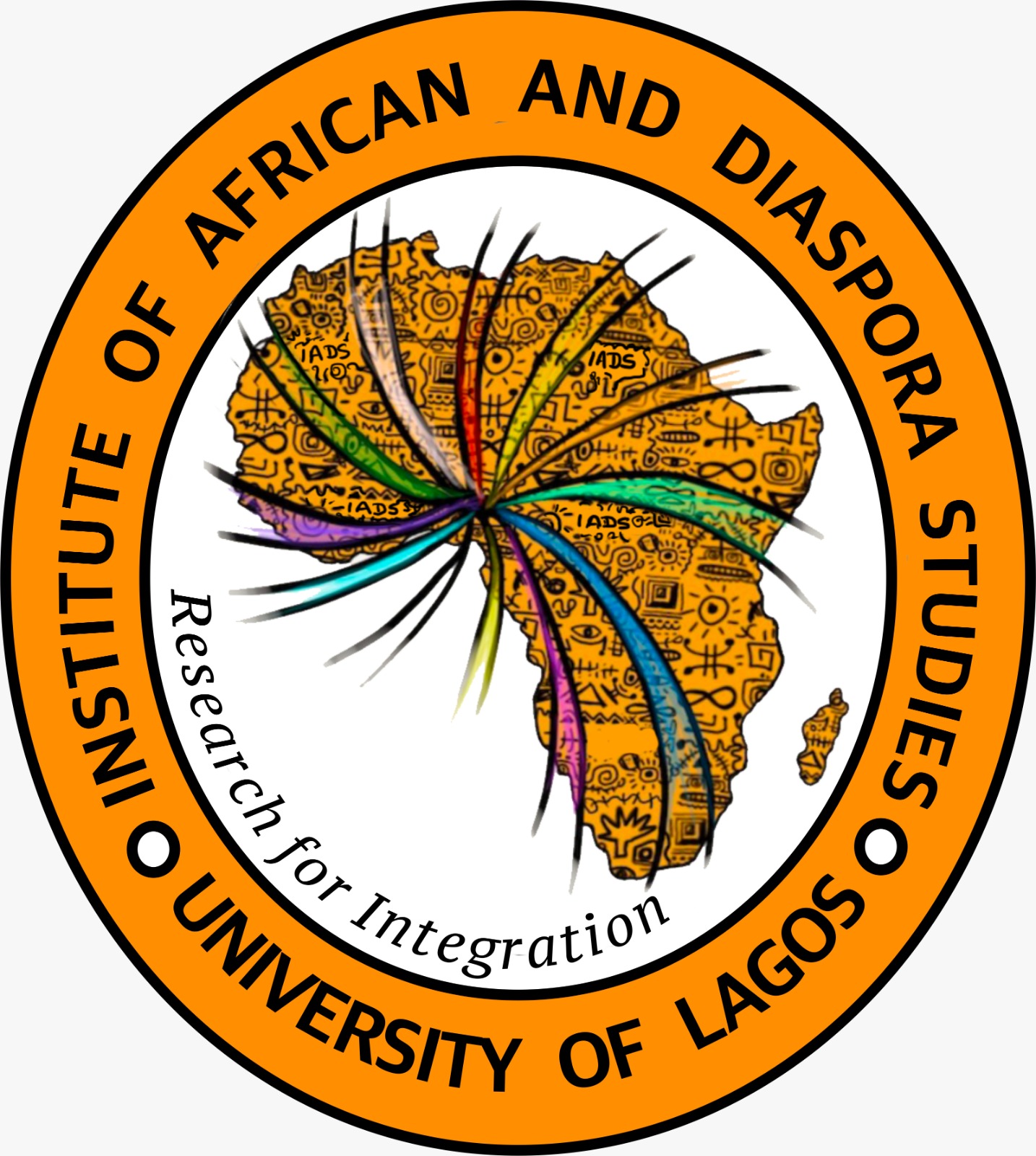




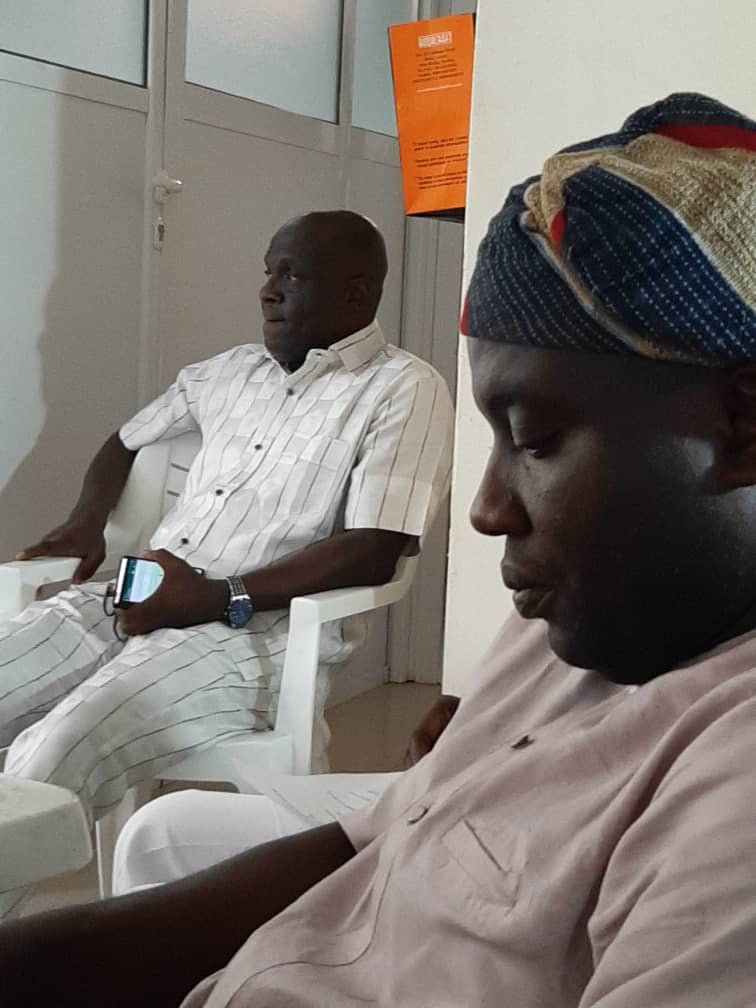


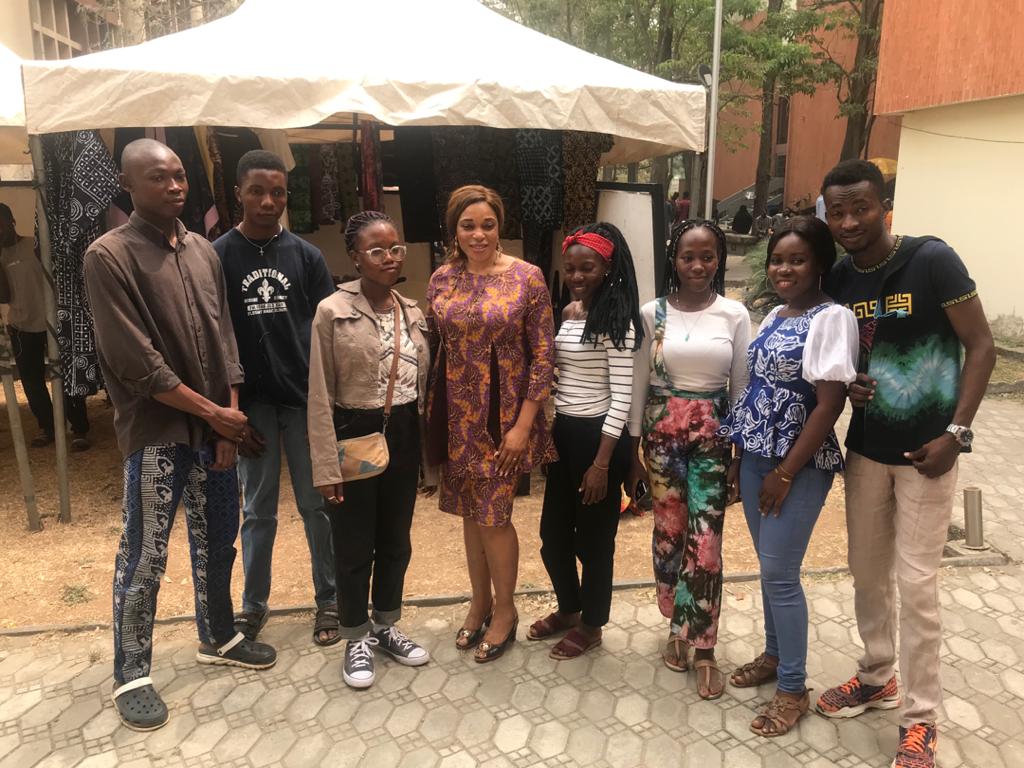

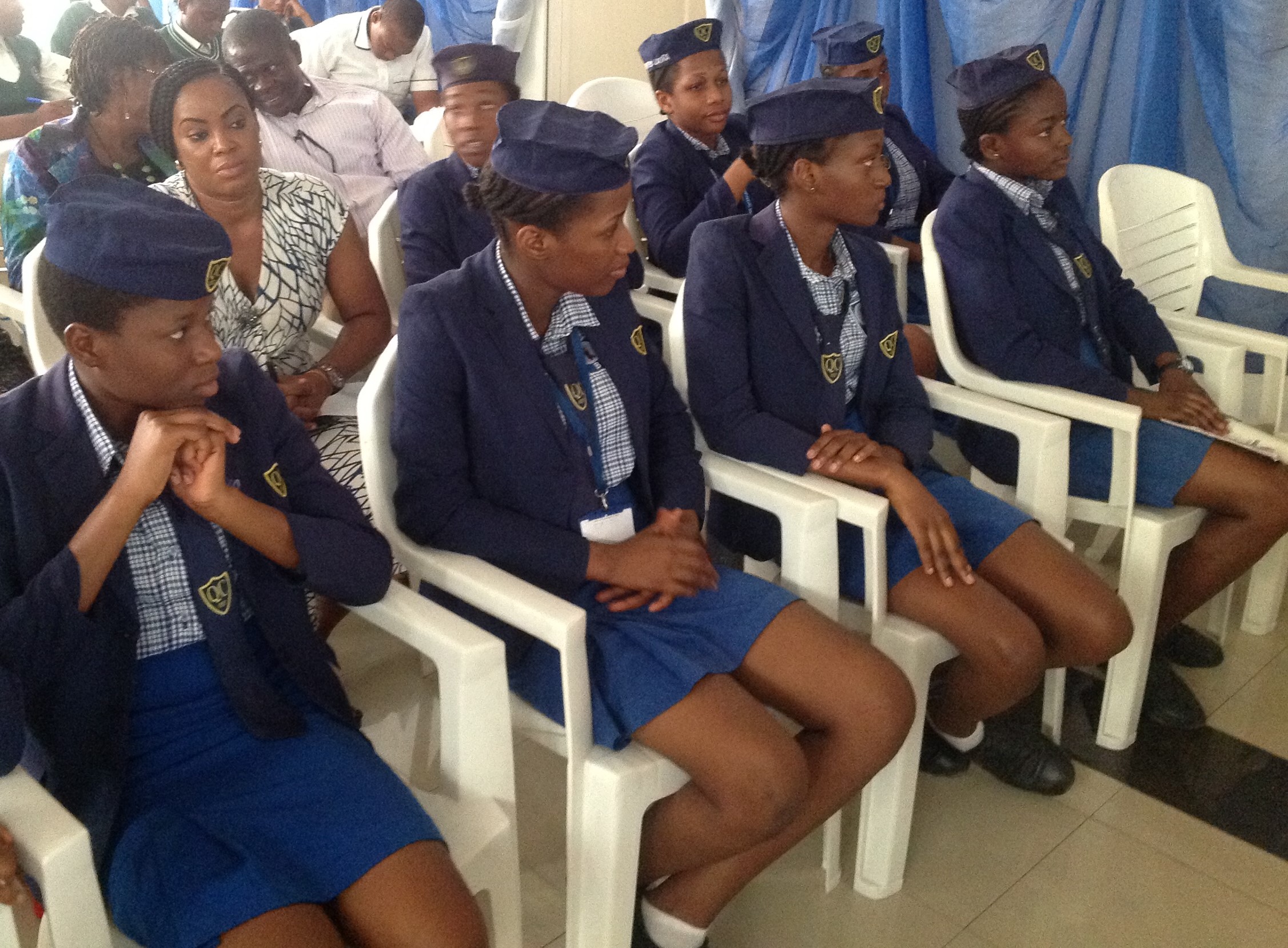
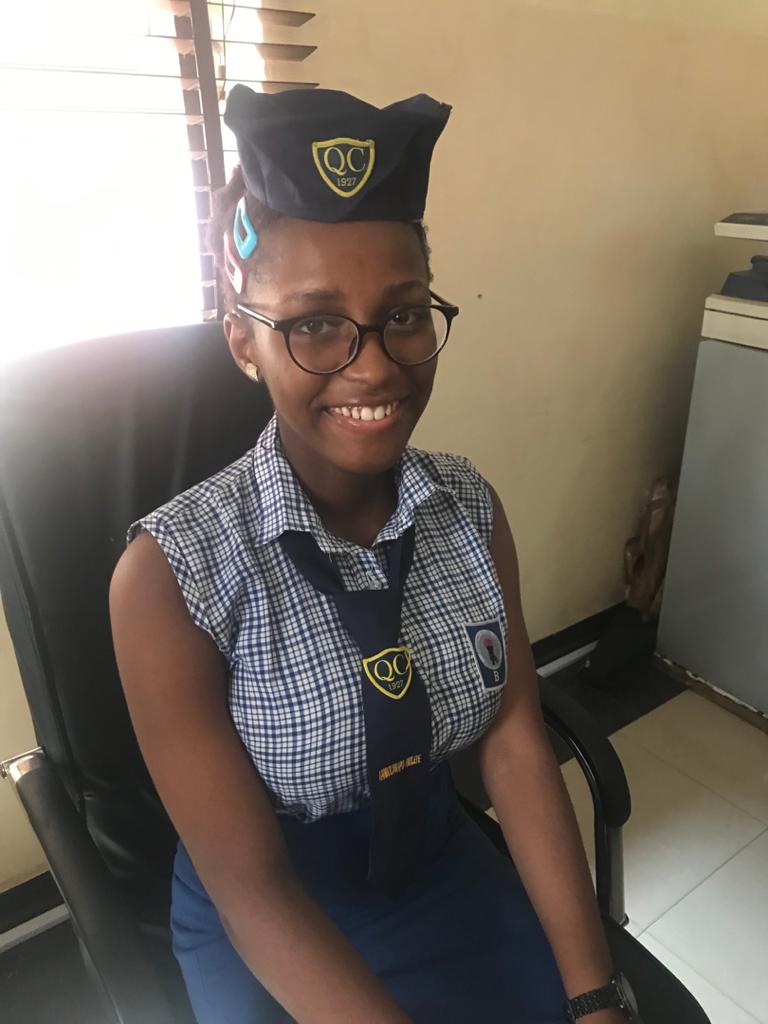
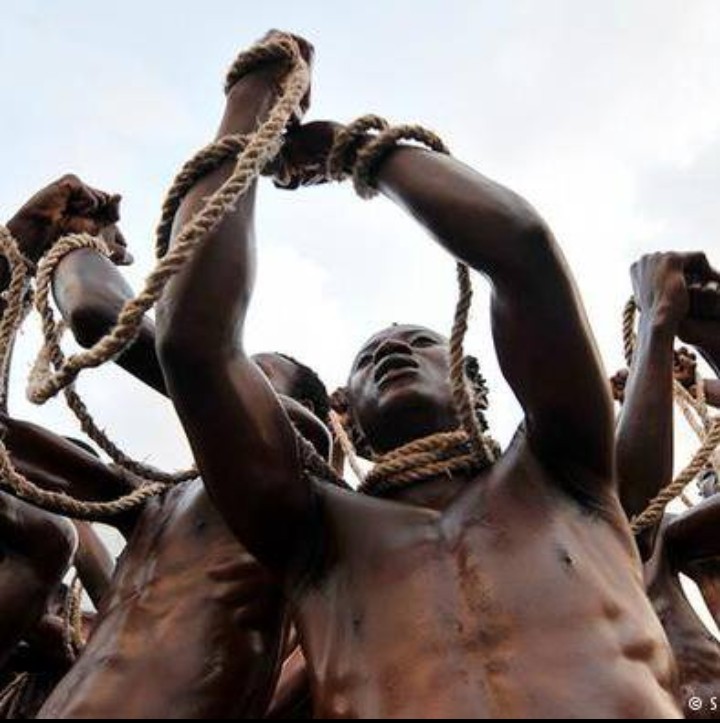
Recent Comments